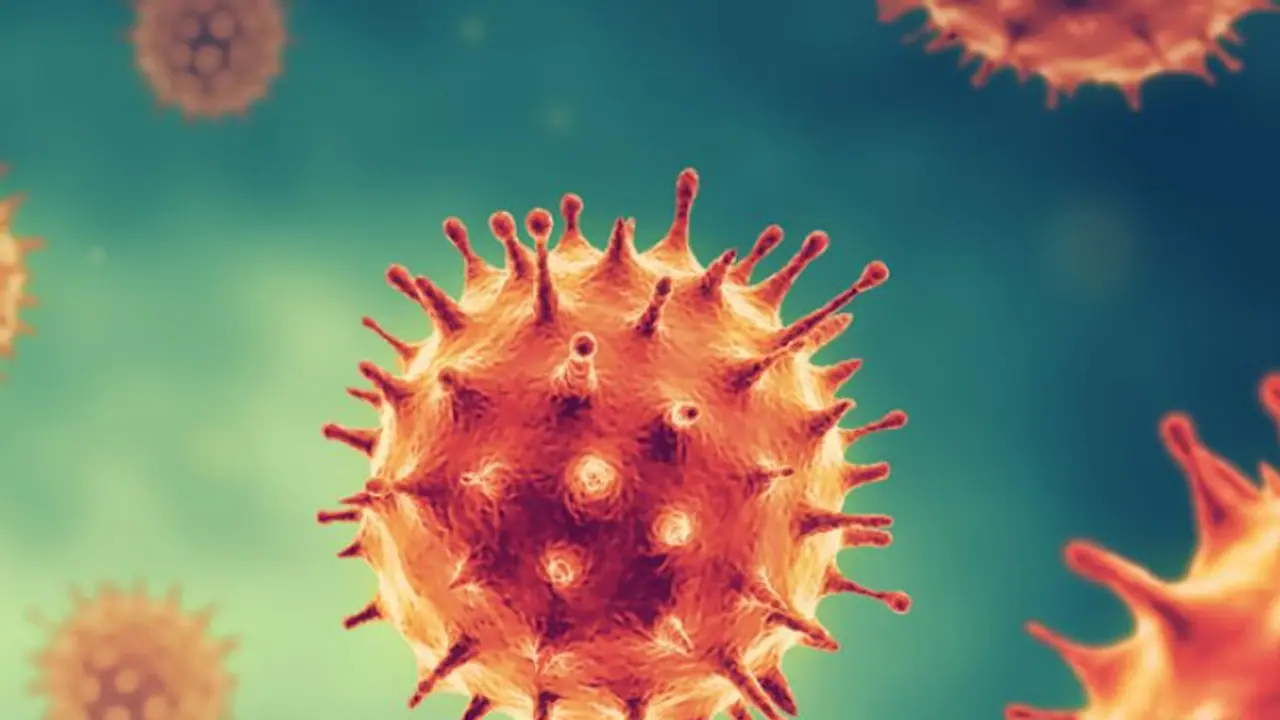Speaking about the risk of suffering from extended COVID following Omicron, the UN health agency stated that while the possibility is high (when compared to other variations), further research is needed.
The World Health Organisation has issued an alert on Long COVID, stating that the virus's long-term effects can be severe, affecting every area of your body. Symptoms might range from shortness of breath to heart problems, and much more remains unclear. Speaking about the risk of suffering from extended COVID following Omicron, the UN health agency stated that while the possibility is high (when compared to other variations), further research is needed.

For unaware, long COVID is frequently identified many weeks after a COVID-19 infection. According to WHO's Maria Van Kerkhove, any long-term repercussions commonly occur 90 days after the initial infection's symptoms have subsided. The long-term consequences might last a few weeks, a few months, or even a few years. We have no idea what that is yet.
Van Kerkhove further noted the severity of the virus's long-term consequences, explaining that it affects all organs of the body, various organs of the body, not all organs at the same time, and ranges in severity from individuals not being able to catch their breath to people being unable to exercise. Some studies have also linked the risk of heart disease to post-COVID symptoms.
When most people think of COVID, they think of an upper respiratory condition; however it is actually a systemic disease. According to WHO official Dr. Abdi Mahamud, it literally affected every area of the cardiovascular system one year later.
"When we look at COVID as a respiratory infection, we perceive a danger and a problem." Of course, that is the point of entrance, but because of the vessels, it affects every region of your body. It is capable of causing vasculitis," Abdi added.
Noting that much more research on extended COVID is required, WHO authorities stated, "we need solid research on this." The organisation said they need good treatment, clinical care for dealing with the short- and long-term impacts, and we need to ensure that there is effective rehabilitation."
Also Read | Next COVID variant will be more contagious than Omicron, perhaps deadlier, warns WHO
Also Read | WHO laments 500,000 COVID deaths due to Omicron
Also read | Zydus starts delivering ZyCov-D vaccine to the government
